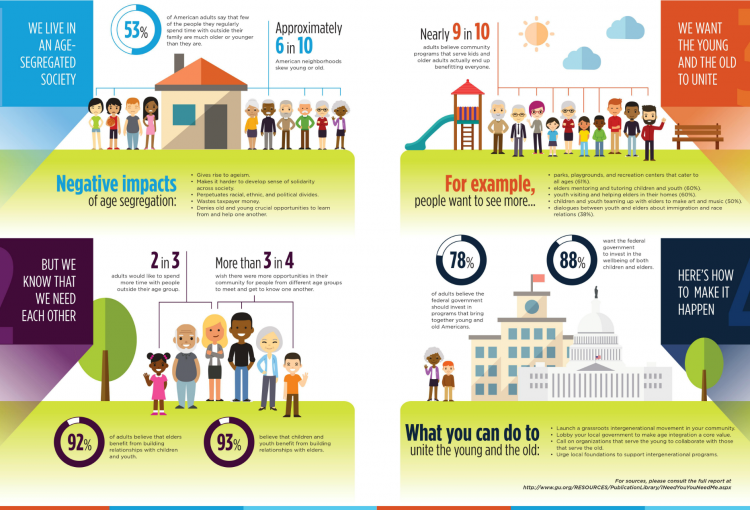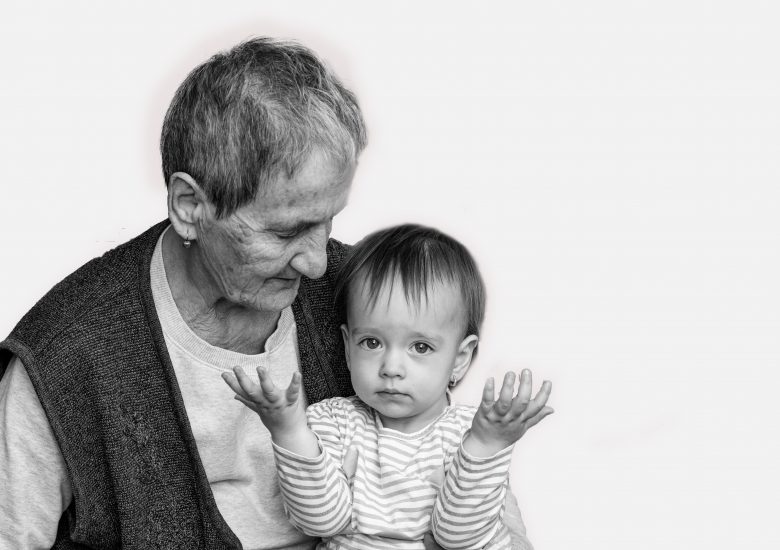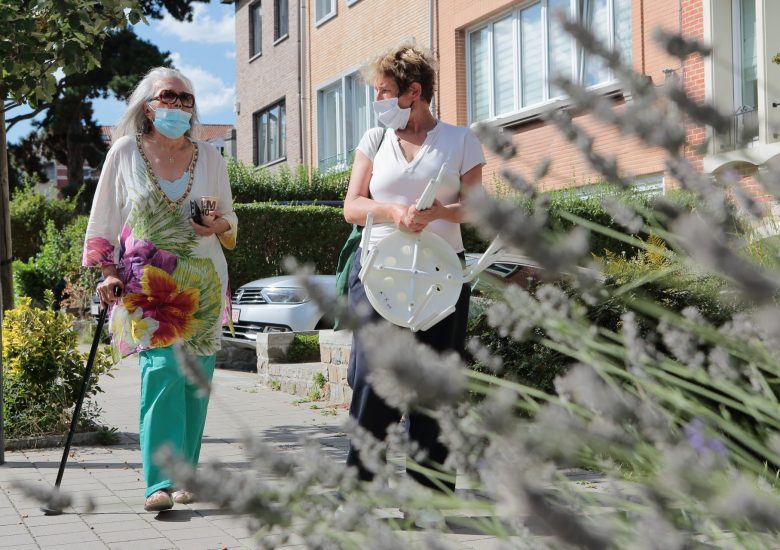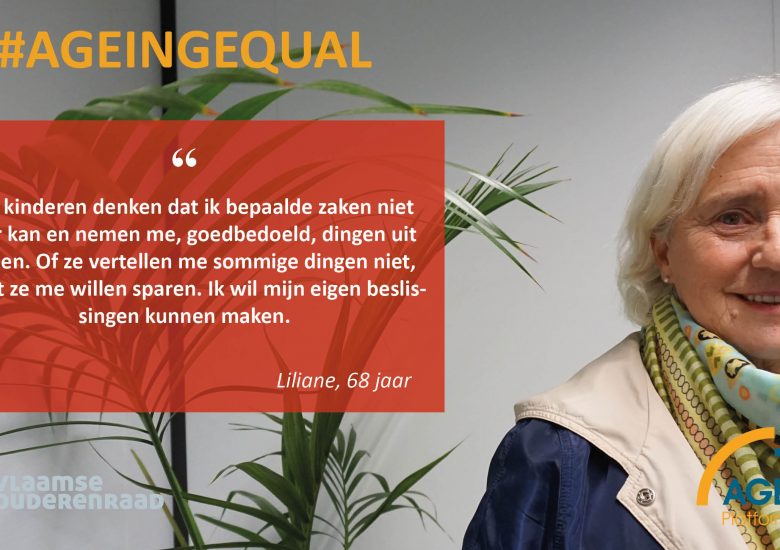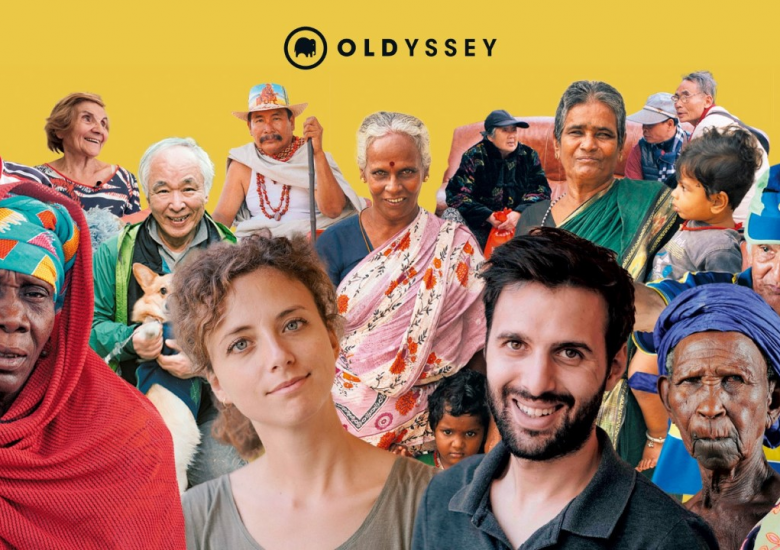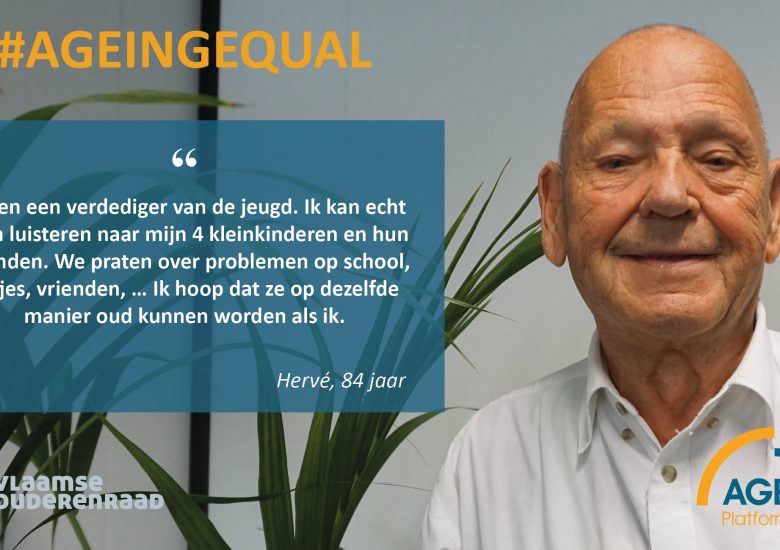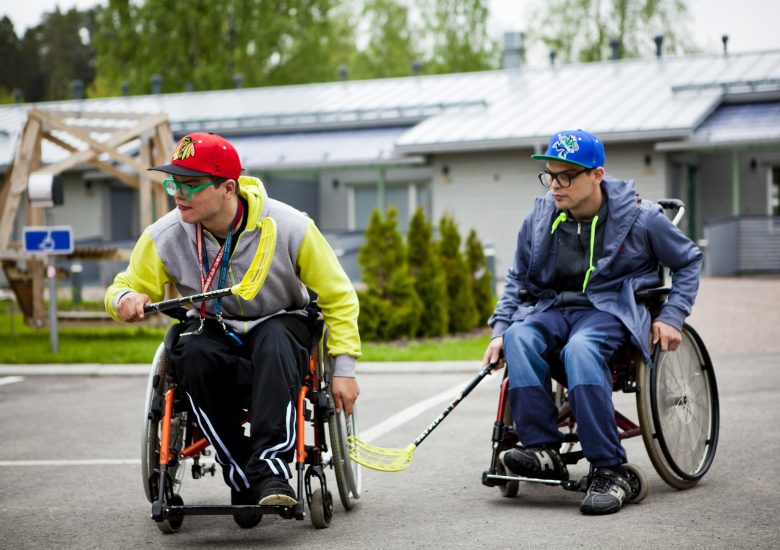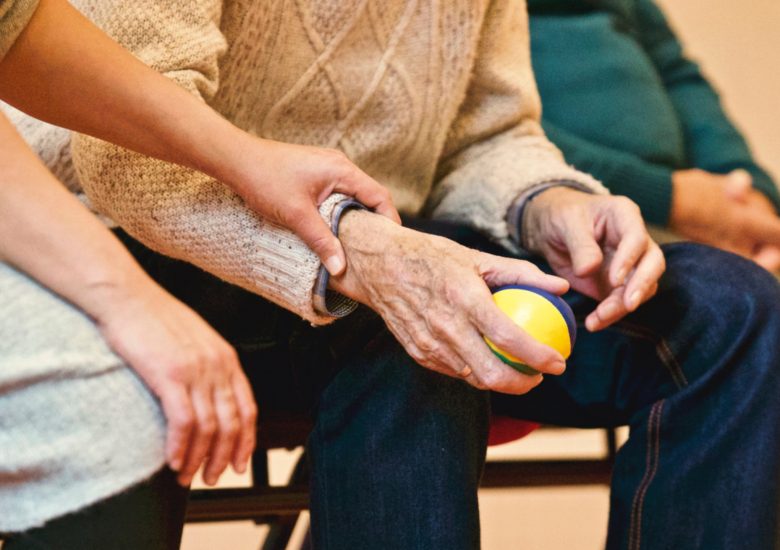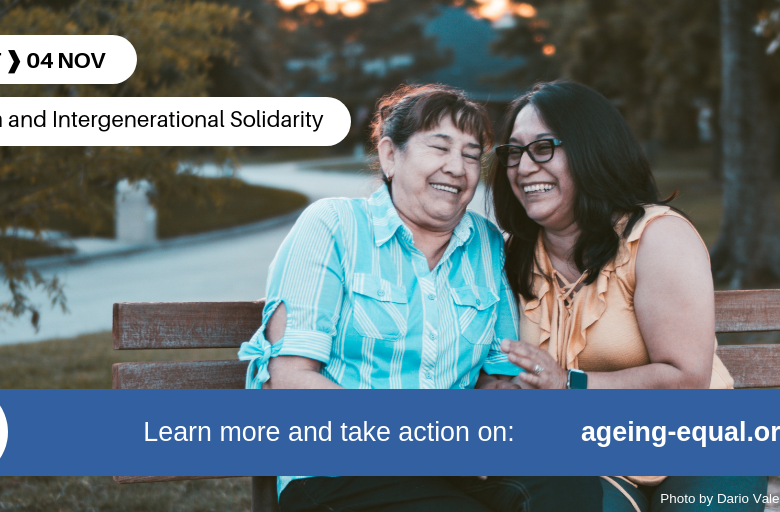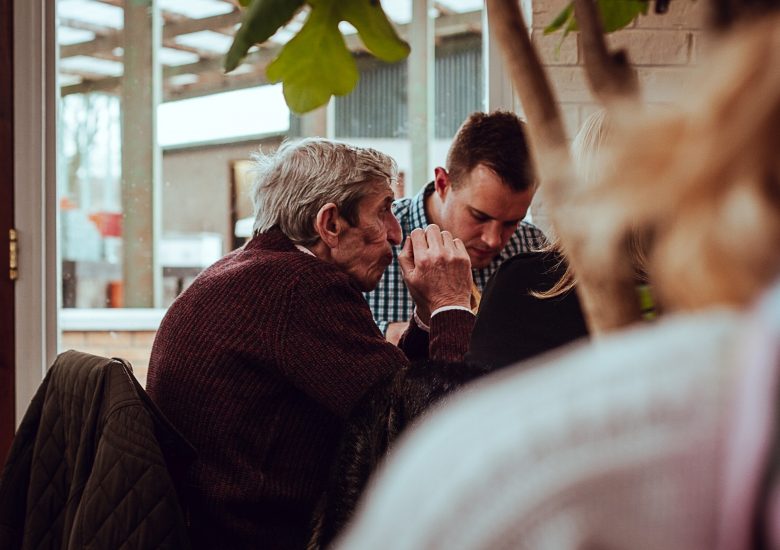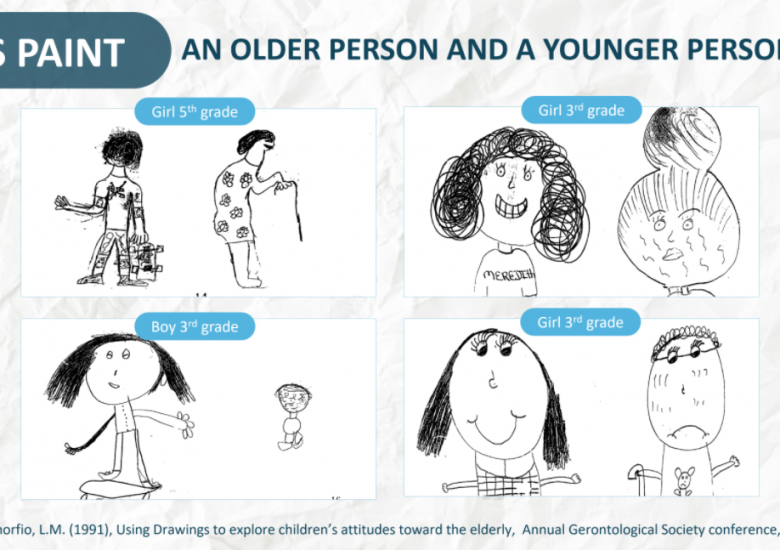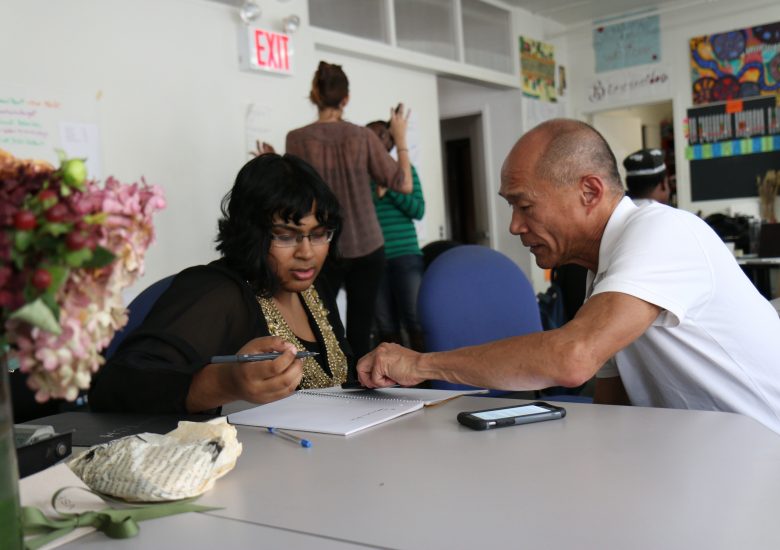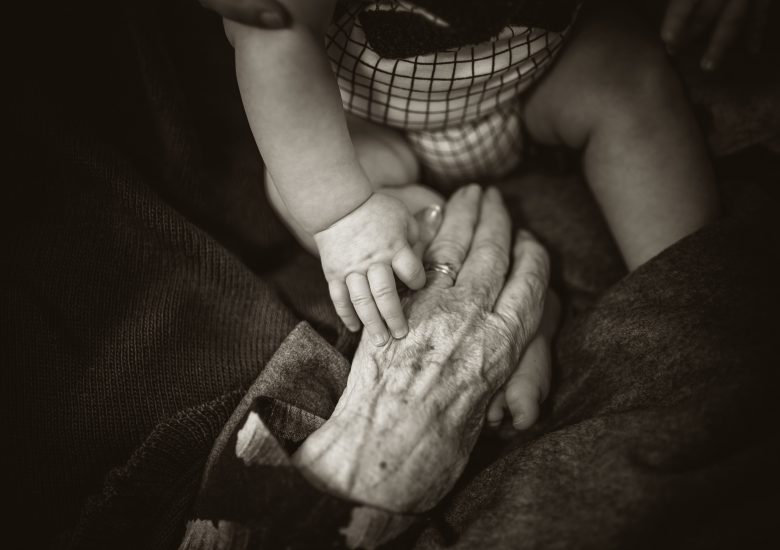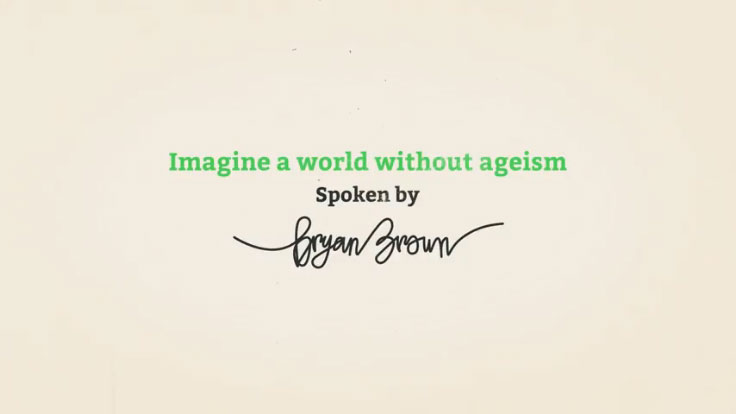Ageism affects both younger and older persons. The best way to combat ageism is to support intergenerational solidarity and cooperation!
Age stereotypes start as young as five years old, partly due to ageist misconceptions infused in children’s pop culture and an incapacity to represent the diversity of older age. The stereotyping of age groups hinders relations between generations and pits people of different age against each other with harmful consequences both for individuals and for society.
In employment, companies miss out on the accumulated experience and expertise of older workers, but they also are rarely replaced by young people. Older people are not as frequently selected to interview for jobs and when they are they have less chance of securing a position: older people receive on average 39% less invitations for a job interview. On their side, because considered as inexperienced, young people face difficulties to transition to independence and autonomy.
At societal level, ageism prevents us to think and design policies and welfare services that adopt a life-course approach and are fair for all ages. In times of austerity, there is a danger that ageism leads to ‘age-based rationing’ resulting in a prioritisation of public services that may see older people not being allocated the appropriate support to live independently and with dignity.
Intergenerational solidarity between all age groups often comes into play to overcome the absence of adequate care services. In the absence of sufficient childcare, grandparents often play a crucial role to facilitate the work-life balance of parents. Public spending for long-term care is also presently quite low due to a strong reliance on informal care. The so-called ‘sandwich generation’ is often overlooked by work-life balance policies while the support of the young old to the older old is again critical in the absence of sufficient support service for people in need of care.
Yet younger and older people face common challenges and share similar challenges. A 2017 study shows that different age groups largely agree on the policy areas that governments should address in priority: the fight against poverty and unemployment come first, followed by financing pension systems and care, education, fair taxation, acting for the environment.
Research shows that the increased spatial, institutional, and cultural segregation of age groups prevents us to challenge our negative perceptions of young or old age. Intergenerational contacts should thus be key to address ageism and its negative consequences. In the absence of such contact, individuals and society as a whole are losing from potential knowledge transfer between generations.
“At a time when large numbers of people reaching old age are healthy and educated, structural lag in the major social institutions deny the old opportunities for productive engagement in the larger society”
Hagestad & Uhlenberg, 2005



